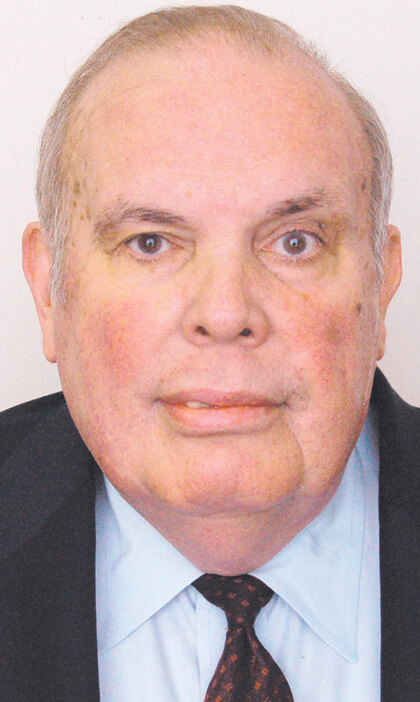By William Lewis
On Dec. 8, Mayor Michael Bloomberg gave a speech before the City Council. He sounded more like a possible independent candidate for president than a mayor reviewing his administration’s efforts during the previous year.
He was continually critical of the federal government during his address, especially about providing more jobs during this period of high unemployment. He said, “Put simply, when it comes to creating jobs, the government hasn’t gotten the job done. We need to stop demagoguing and start delivering.”
If the mayor’s intentions were to attract attention and get huge media coverage by using inflammatory rhetoric, he succeeded. A significant number of political analysts interpreted his speech as the beginning of a possible presidential bid in 2012.
Regarding a possible independent race for president by the mayor with job creation as one of his main issues, however, it should be pointed out that here in New York City we still have an unemployment rate of more than 9 percent. Much more needs to be done by our city administration to produce more jobs here.
In terms of an independent campaign for president against the two major party candidates in 2012, Bloomberg seems to believe that the independent movement is growing in this country and more citizens will be leaving the two-party system to vote for independent candidates. That theory does not seem to hold up when we look at the recently concluded fall elections. The state Independence Party lost its ballot position of Row C, which it has held for more than a decade, and was moved back to Row E by the state Conservative Party, which advanced to Row C.
In addition, some New York City mayors in recent times have tried to become president or vice president and failed. Beginning with Fiorello LaGuardia, in his third term as mayor he had hoped President Franklin D. Roosevelt would choose him as his vice presidential running mate in 1944, since he had a good working relationship with him and had supported Roosevelt in his presidential campaigns. It did not happen.
Roosevelt would choose Harry Truman as his running mate. In 1956, Mayor Robert Wagner Jr. had hoped he might be chosen by the Democratic National Convention as a vice presidential candidate. Again, he was not chosen but would complete three terms as mayor without advancing into national politics.
In 1972, Mayor John V. Lindsay, after changing his party affiliation from Republican to Democrat, ran in the Democratic presidential primaries and did not succeed in his quest for his party’s presidential nomination. In 2008, Mayor Rudy Giuliani ran in the Republican primaries for president. Much of his efforts were put into the Florida primary where he lost badly, thereby bringing an end to his presidential ambitions.
In 2008, Bloomberg looked into the possibility of running as an independent candidate for president, but soon gave up the idea.
Most of our candidates for president have been vice presidents, governors and U.S. senators. The American electorate does not seem inclined to elect city mayors to the presidency. No New York City mayor has ever become U.S. president. The odds are against Bloomberg.
Most citizens of the city would probably prefer that our mayor spend most of his time attending to his office duties, focusing on city public safety including the police and fire departments as well as sanitation, health needs, public education and creating jobs for the people of our city.
Bloomberg, now in the early part of this third term, will in the final analysis be judged by how well he performs his official duties as mayor by not trying to change our national two-party system through a third party presidential campaign.
Everyone wants a better city after the completion of the Bloomberg administration.



































